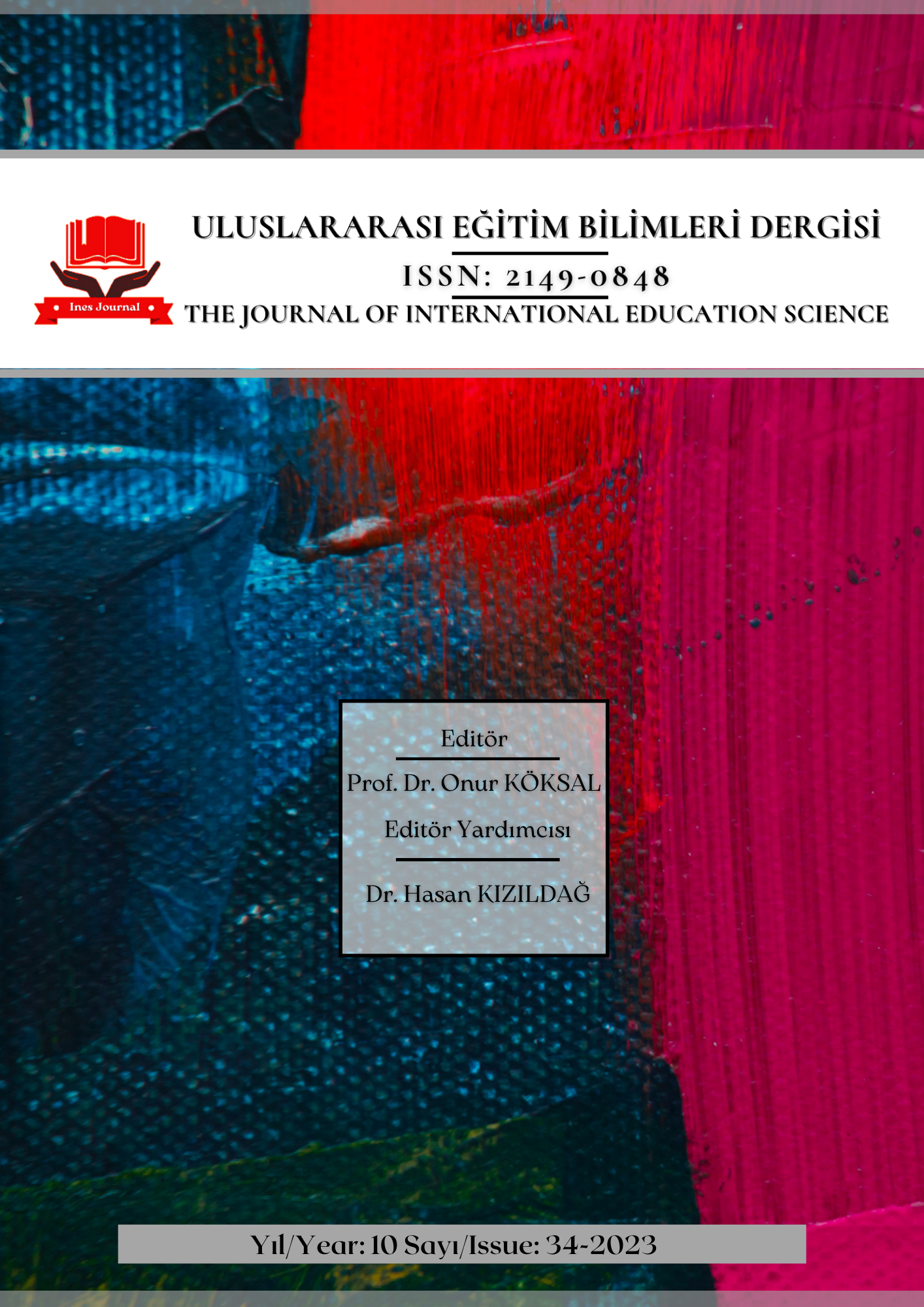Author :
Abstract
Zor bir çocukluk ve okul yıllarında yaşadığı uyum sürecinden sonra fen ve matematiğe olan ilgisiyle müzik, felsefe ve bilimle eğitimine devam eden Feyerabend, ortaya attığı fikirler, eleştiriler ve aykırı kimliğiyle döneminin en fazla adından sözü edilen bilim felsefecisi olmuştur. Feyerabend’in kendinden önce var olan bilim anlayışını eleştirmesi, düşünce kalıplarına karşı çıkması, bilimin bilim için değil insan için yapılması gerektiğini savunması, bilimin topluma ve toplumsal amaçlara hizmet etmesi gerektiğini ifade etmesi, tek bir görüşe bağlı kalmak yada katı kural ve kalıpları benimsemek yerine çoğulcu bir bakış açısını önermesi bilim felsefesine farklı bakış açıları kazandırmıştır. Bilim felsefesinde önemli yer edinen Feyerabend’in bilim felsefesinin irdelenmesi, düşünce yapısının anlaşılması açısından önemlidir. Bu çalışmada bilim felsefesine farklı bir yaklaşım sunan Feyerabend’in hayatı ve düşünceleri ele alınmış ve değerlendirilmiştir.
Keywords
Abstract
After a difficult childhood and school years, Feyerabend, who continued his education with music, philosophy and science with his interest in science and mathematics, became the most mentioned science philosopher of his period with his ideas, criticisms and contradictory identity. Feyerabend criticizes the understanding of science that existed before him, opposes thought patterns, defends that science should be done for people, not for science, and states that science should serve society and social purposes, instead of sticking to a single view or adopting strict rules and patterns, proposing a pluralistic perspective has brought different perspectives to the philosophy of science. Examination of Feyerabend's philosophy of science, which has an important place in the philosophy of science, is important in terms of understanding the structure of thought. In this study, the life and thoughts of Feyerabend, who offers a different approach to the philosophy of science, are discussed and evaluated.





